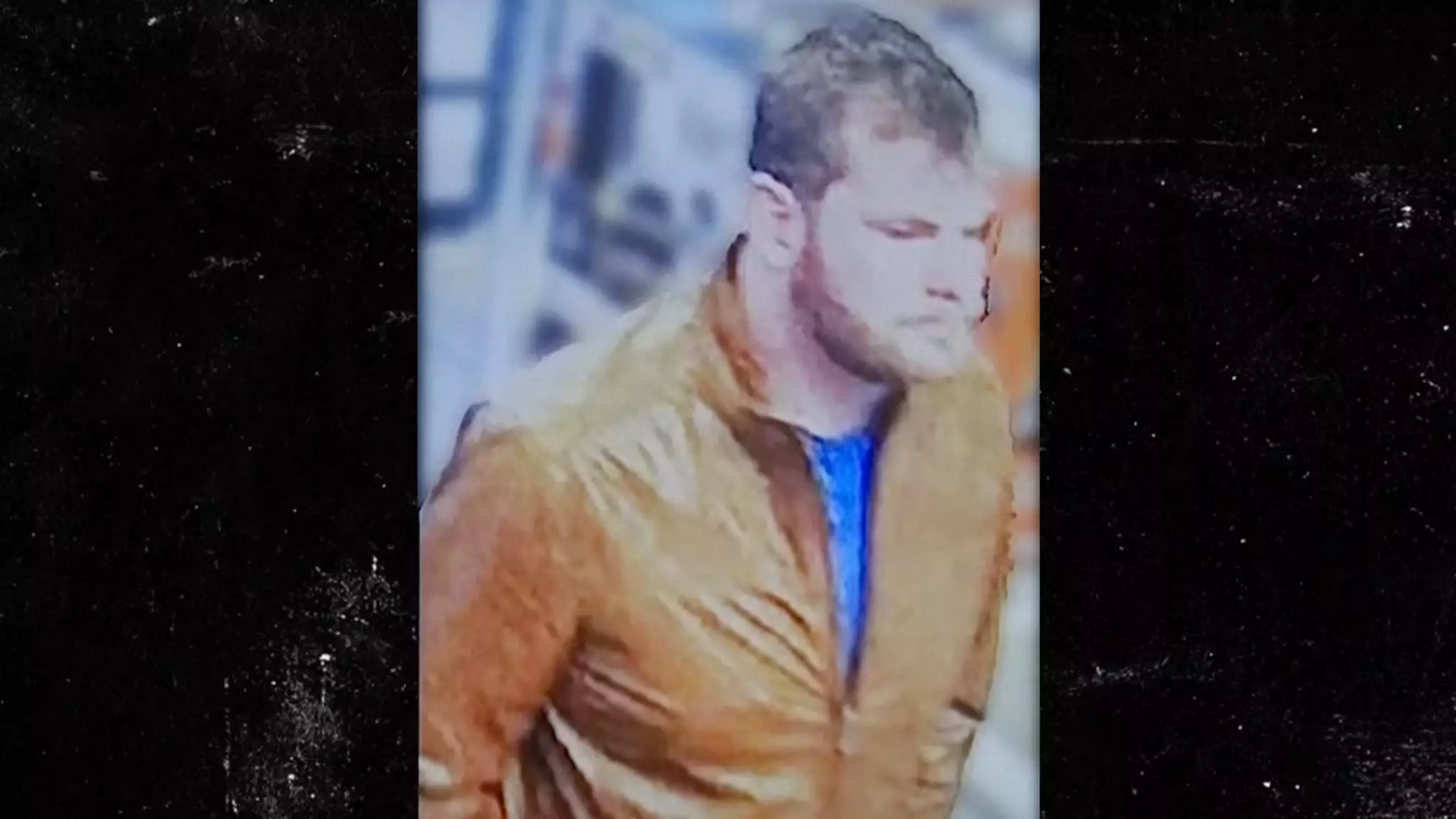In a disconcerting incident that reverberated through the corridors of public discourse, Matthew Livelsberger, a Green Beret and Army Special Forces soldier, chose an alarming way to voice his internal struggles. By detonating his Tesla Cybertruck outside the Trump Hotel in Las Vegas, Livelsberger aimed to highlight a troubling reality, underscoring the toll of mental health issues afflicting veterans. His acts were not merely manifestations of rage but rather desperate attempts to provoke a societal reckoning that he felt was long overdue.
Recent revelations following the incident reveal a complex narrative interwoven with Livelsberger’s battles against post-traumatic stress disorder (PTSD). Excerpts from a letter penned by him shed light on his motivations. In a troubling admission, he stated that the explosion was intended as a “wake-up call.” This statement reflects a deep-seated frustration that many veterans experience—feeling that their sacrifices are often overlooked by a society preoccupied with spectacle rather than substance. Livelsberger articulated a belief that violence captures attention far more effectively than words, a tragic commentary on both societal values and the fragile psyche of a soldier haunted by memories of war.
What is particularly striking about Livelsberger’s choice of vehicle—an Elon Musk-designed Tesla Cybertruck—juxtaposed against his support for Donald Trump, invites probing questions about duality in his beliefs. This conflict symbolizes not just an individual crisis but highlights broader cultural tensions. By employing a product from a tech mogul known for his progressive business ventures to make a statement against perceived weak leadership, Livelsberger exemplified the complexities of modern American identity. His pleas for action emanated from a place of service; however, the vehicle he used becomes a surreal symbol rather than a straightforward message.
Livelsberger’s letter also provides chilling context for his mental state leading up to the incident. Reports indicate he had a moment of grave self-harm, suggesting the depths of his despair. The juxtaposition of his explosive act with his overt desire to “cleanse” his mind speaks volumes about the dire need for mental health resources within the military community. His tragic tale highlights an alarming reality: veterans, who often bear the significant burden of unresolved trauma, feel isolated in a society that has not adequately addressed the critical issues facing them.
Ultimately, Livelsberger’s actions serve as a stark reminder of the fragility within the world of veterans. Rather than simply being a story of violence, this incident punctuates the necessity for vigilance in recognizing and supporting those who serve. It calls for a collective awakening to the condition of many veterans, illuminating the urgent need for comprehensive mental health resources and understanding. Livelsberger may have sought to ignite a discussion; it is now incumbent upon society to listen, reflect, and act in response to the poignant issues laid bare by a soldier’s desperate act.

